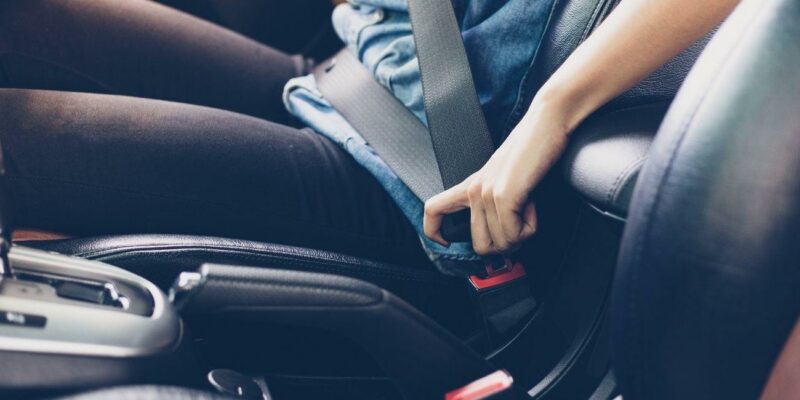
Safe Motoring With Expert Tips & Advice...
The road can be a very dangerous place, but by following some simple and sensible advice, you can significantly reduce your chances of being involved in a road accident. With this in mind, SaferMotoring was created to offer UK motorists a unique point of reference where you can learn how to keep your vehicle safe and roadworthy.
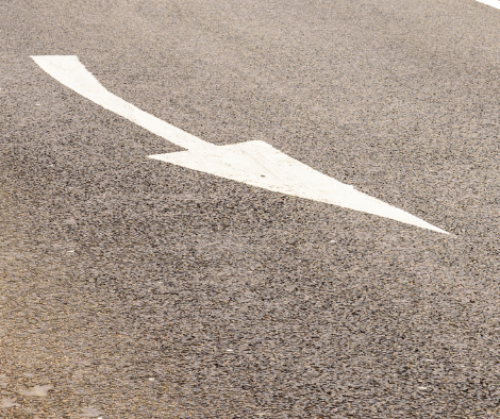
Q&A: Is this a legal road marking?
A white line has recently been painted on the road near my home. It looks like and H with a long middle, it is approximately 5 m long.
The occupier of the house has disabled parking only signs in his house window. Is this a legal road marking for disabled parking?
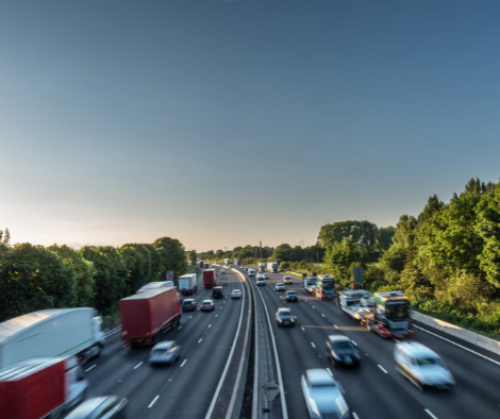
Is there a minimum speed on the motorway?
Is there a minimum speed limit on motorways for me towing and for my friend following. He is concerned that he could be prosecuted for travelling too slowly even though he is our 'support vehicle'.
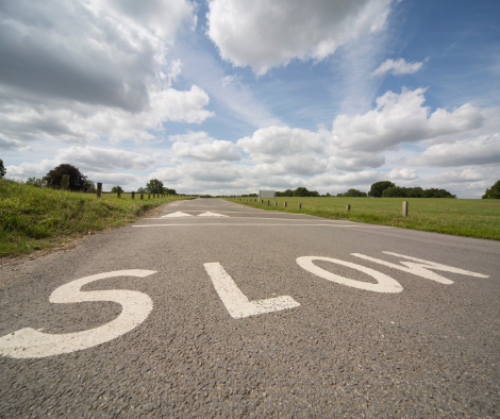
Road markings: What do they mean?
With hundreds of different road markings in the highway code, how good is your knowledge of road markings and what they mean?

How close can you legally park next to another car
Parking can be a real problem around workplaces, and there's nothing worse than spending the day trying to get on with your work while worrying about your car - whether you're getting a ticket or whether you're parked in the right place.
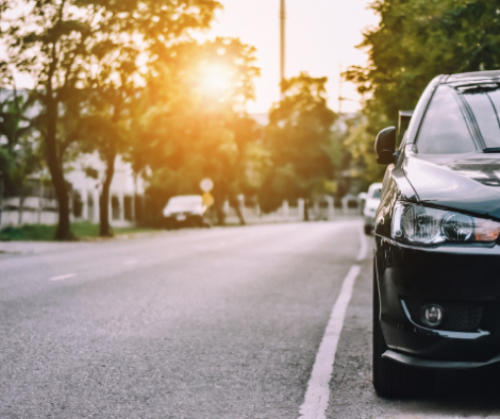
Parking near a private driveway: What is the law
I would like to know if there is a legal limit to how close you can park next to a driveway? I have issues with my neighbour's parking partially over and completely blocking my driveway, which restricts exit and entrance. I also have a tree to contend with and a busy road. I have come to the end of my tether but don't want to upset anyone (unlike my neighbours!)
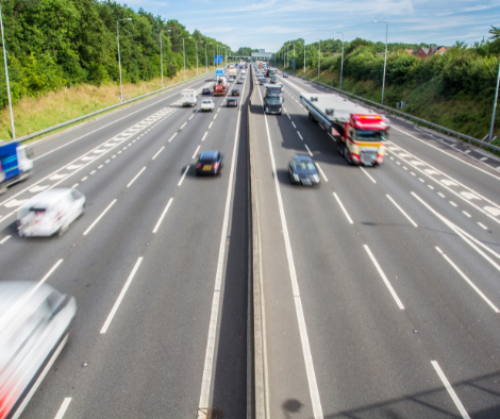
A brief history of UK motorways
The motorway network has transformed life in the UK. People don’t have to rely on trains and planes for fast personal and business travel.

A Car Buying Guide: Future Proof Your Next Purchase
Future proof your next purchase with our comprehensive Buying Guide covering the car buying journey essentials.
From navigating the market place to knowing where to get the best deals and which car is really best for you – we’ve broken down what can be an overwhelming journey to buying your next car.

Top Tips When Buying a Used Car Privately to Avoid Getting Ripped Off
You’ve spent weeks searching, scoured endless sites before finally finding your perfect car, but there’s a catch – it’s from a private seller. While buying from a dealership offers more buyer protection there are still many advantages to buying a car privately, especially when it comes to attaining your ‘dream car.’
Still, there are a few things to look out for when buying privately and to help you avoid getting a sore deal, we’ve collated all the best tips to consider when buying a used car privately.
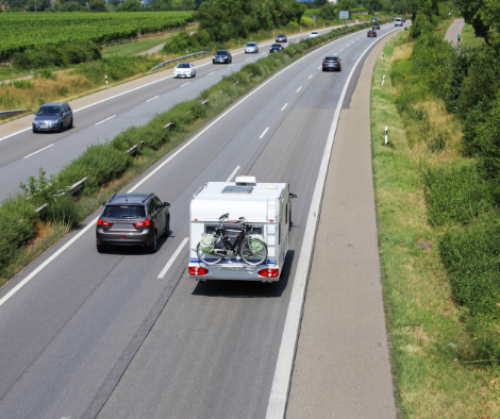
Everything You Need To Know About How To Tow A Caravan
We all need a break occasionally – a chance to switch off from the stresses and strains of everyday life and spend some quality time with our loved ones or by ourselves. Holidays offer us the perfect chance to do just that, as well as the opportunity to see the world and explore new places.
However, if this is your first time towing a caravan, it’s only natural that you might be a little unsure about how it works, the dos and don’ts and the various rules and regulations. Fear not – here at Jardine Motors, we’ve got you covered with all you need to know about how to tow a caravan.
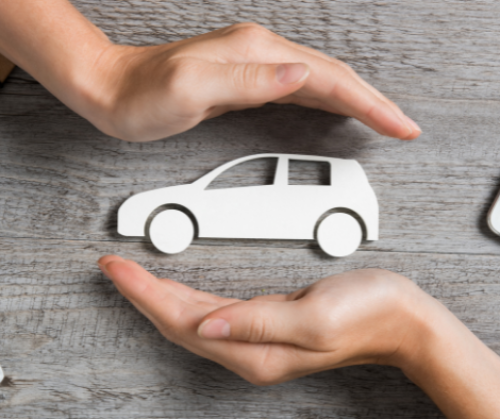
Car Insurance Explained: Everything You Need To Know
There are few things more exciting than getting a new car. The smooth acceleration, the responsive brakes, that distinctive smell – it all adds to the thrill. But while many of us take great pleasure in driving, there are some aspects of car ownership that are less enjoyable.
Sorting out insurance is certainly one of them. It’s a legal requirement, of course, but with so many providers to choose from, it can feel like a daunting and complicated task. It can pay to shop around for the best deal but to do that you need to know exactly what you’re looking for, how the cover works and how much it’s likely to cost.
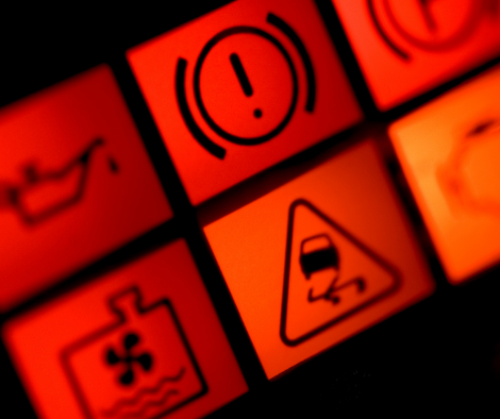
Understanding Your Car Warning Lights And What You Should Do About Them
We’ve all been there – you’re driving along and suddenly one of the car’s warning lights flashes up on the dashboard. Common sense tells you it means that something is not quite right, but do you know exactly what the problem is?

A Guide To Safe Motorway Driving
Great Britain’s motorway network spans 2,300 miles and millions of us use it every day, which means it’s absolutely vital that we all practice safe motorway driving. Following these tips on how to drive on the motorway, hopefully, our roads will become a safer place for everyone.
As well as suggesting some basic motorway driving tips, we’ll examine whether smart motorways are safe and look at some of the best cars for motorway driving.
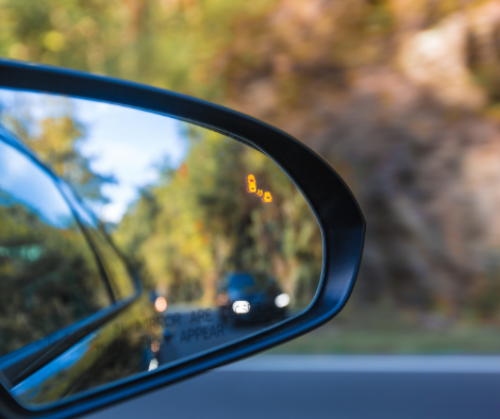
Learning About the Blind Spot When Driving
Part of safe driving is fully understanding the situation of the road around you and always knowing where other drivers are. In a car it can be very easy to assume that everything you need to pay attention to is either out the front window, or the rear-view mirror, but this overlooks a critical area of driving. In every car, there is a part which is known as the blind spot: this is essential to be aware of.

Appropriate Footwear When Driving
Your brand new pair of Jimmy Choos might look fantastic but certain footwear is just not suitable for driving in. Even something as simple as changing gears could cause a serious accident in the wrong type of shoes.
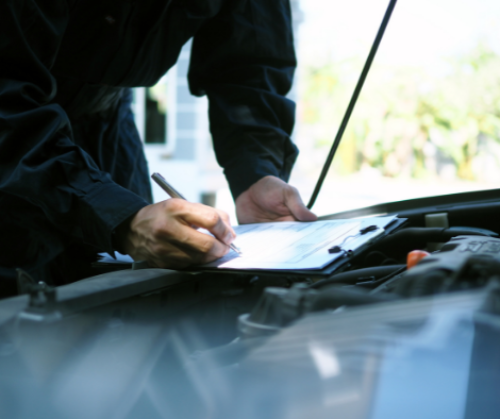
Weekly Vehicle Checks
Keeping your car well maintained and safe to drive means that you are less likely to pose a danger to your passengers, pedestrians and other people on the road - and it will also reduce the amount of pollution it causes too.
Vehicle maintenance should be carried out at least once a week and it's a good idea to keep your owner's manual to hand.

Our Top Tips: How To Drive Safe in Europe
If you’re heading to Europe, make sure you have the correct insurance and other road essentials for your trip.
More pressingly, when the UK leaves the EU, your plans to drive in Europe may be affected – so make sure you have the correct documents in place to avoid breaking the law.
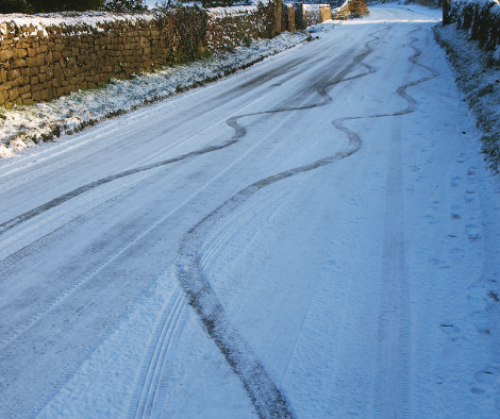
Skidding and How to Avoid It
Have you ever experienced a skid when driving? It can be an unnerving experience to suddenly feel that you are losing control over your vehicle, even for just a split second. Skidding can be extremely dangerous and is often the cause of traffic accidents. This article looks at the reasons behind skidding and the steps that you can take in order to avoid skidding.

How to Choose Best Car Seat for Your Child
Wondering which baby or child car seat is the best buy? There are many things to consider, besides price, including car compatibility, age suitability and additional features such as ISOfix and swivel action.
Here we take a look at the various considerations to make when choosing the best car seat for you and your family.
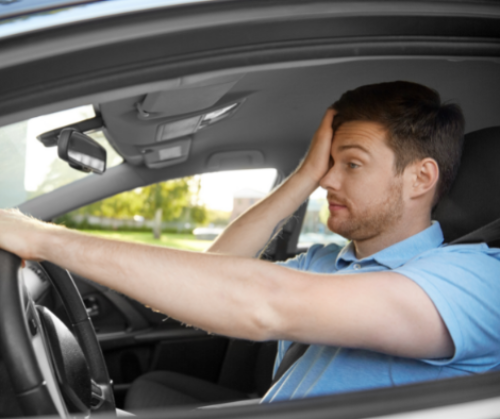
Driving Whilst Tired
Driving to work while still half asleep is something that lots of us do every single morning, and many motorists will admit to driving when we think we might actually be too tired to do so safely.
Most people don’t see it as a big issue and do it without a second thought, yet driving while tired is a serious problem that results in thousands of motoring accidents every single year.

10 Essential Summer Driving Safety Tips
Anyone living in Britain knows that when it comes to the weather, anything other than wind and rain is something of a rarity! But that doesn’t mean we shouldn't be properly prepared for hitting the road during our short-lived periods of glorious summer sun.
Driving in hot weather, particularly heatwave conditions, can pose significant challenges and risks to the health and safety of drivers, passengers and passers-by alike. That’s why we've compiled a list of 10 essential summer driving safety tips to help you stay safe (and cool) on the roads this summer.
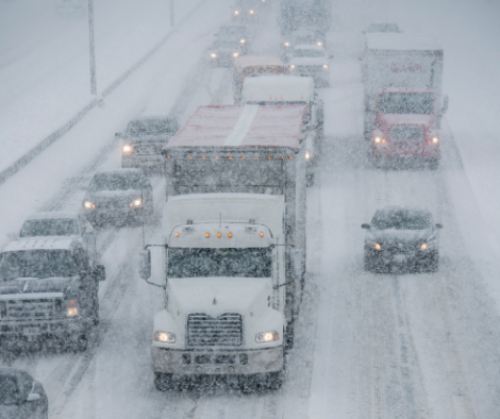
10 Essential Winter Driving Safety Tips
With spring/summer feeling a lifetime away right now - and the wintery weather conditions sticking around for longer than hoped - your safety whilst driving is key. In these conditions we must change our approach to driving in terms of how we prepare our cars, plan our journeys and more importantly, the way we drive.
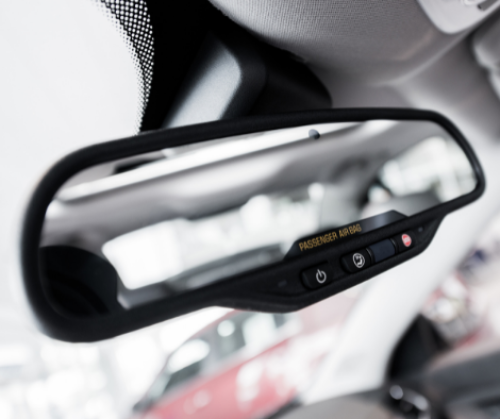
Using Your Car Mirrors Correctly
Your mirrors aren’t there for you to check your appearance - they are necessary for safe driving, and for seeing what other road users are doing. A lot of drivers concentrate so much on looking at the road ahead, they forget to spend enough time checking their rear view and wing mirrors to keep an eye on the road behind them.
DISCOVER MORE
Visit our YouTube channel, where you can find more car reviews and walkarounds by our fantastic experts.



